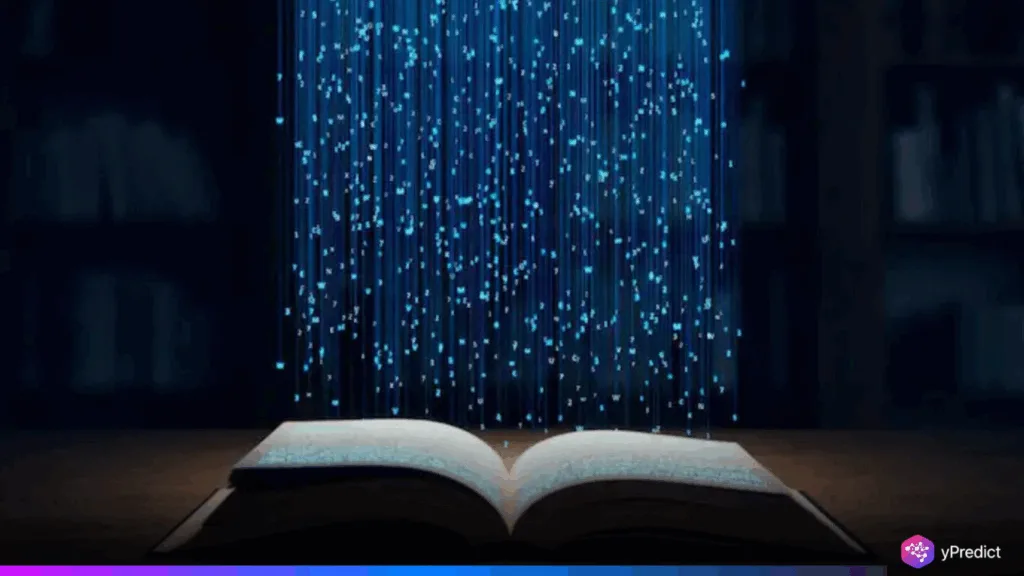
A coalition of over 70 authors has issued a powerful open letter demanding that major U.S. publishers commit to rejecting books generated by artificial intelligence. The letter, published on Lit Hub, urges Penguin Random House, HarperCollins, Simon & Schuster, Macmillan, and Hachette to protect literature from the rise of machine-made content. With more than 1,100 petition signatures in 24 hours, the movement reflects growing anxiety that AI tools, trained on copyrighted works, pose an existential threat to human authorship. As AI rapidly enters the creative industries, the authors argue the publishing world must take a stand before it’s too late.
AI’s Rapid Invasion of Publishing Sparks Backlash
As generative AI tools advance, authors fear the literary world could become another casualty of automation. The letter to the publishers also presents direct demands; it asks them to prohibit publishing books written with the help of AI trained over copyrighted material and to guarantee that human employees will work as narrators and that computers will not replace editors. Several court decisions in favor of technology companies such as Meta and Anthropic concluded that training AI on copyrighted texts could fall under the fair use concept, provided that such materials are lawfully acquired, and such issues follow these decisions.
For many writers, that decision raised alarm bells. Riley Redgate, one of the letter’s organizers, warned that unless publishers step up, “nothing’s stopping publishing houses from AI-generating their authors out of existence.” The letter also highlights the rise of AI-generated knockoff books, often uploaded to Amazon and falsely attributed to real writers. Meanwhile, Audible’s recent embrace of AI for audiobook narration and translation further underlines the shift toward cost-cutting automation. While AI may help expand access to books globally, authors argue that the technology erodes the livelihoods of writers, editors, narrators, and translators, all while building on their original creative work.
Authors Demand Industry-Wide Safeguards Against Generative AI
The authors’ letter isn’t just a protest; it’s a demand for structural safeguards. They’re urging the publishing industry to adopt clear ethical boundaries on how to use AI. The fear extends beyond legal infringement; it’s about AI undermining the very people who create books. Already, many contracts include opt-out clauses to prevent others from using works in AI training, but the authors say that’s not enough. Their concern goes deeper: publishers may start developing internal AI systems to create books, bypassing human writers altogether. This isn’t a theoretical risk; AI models today can already generate full-length novels in minutes.
Combined with cost-saving incentives, the danger is that publishers may opt for quantity over quality, flooding the market with algorithmically assembled content that erodes the value of real literature. Audio is another battleground. Many authors supplement their income by narrating their own books, but AI systems’ voices are being positioned as cheaper, scalable alternatives. Major companies like Audible now see AI narration as the key to offering “every book in every language”, but at what cost to real creators? The writers aren’t anti-AI. They acknowledge its potential. But they insist that replacing human art with synthetic imitation is a red line the industry must not cross.
Publishers Face Crossroads Amid AI’s Creative Disruption
As generative AI reshapes the creative landscape, publishers now face a defining choice: prioritize innovation or protect human creativity. Authors are urging the industry to reject short-term gains in favor of long-term integrity. With lawsuits mounting and AI tools growing more sophisticated, the threat is no longer speculative. It’s here. While Simon & Schuster acknowledged the concerns, the other major houses have yet to respond. The letter’s message is clear: AI models can assist, but they must not replace. If publishers don’t draw the line, they risk not only betraying their authors but also redefining literature as we know it.






